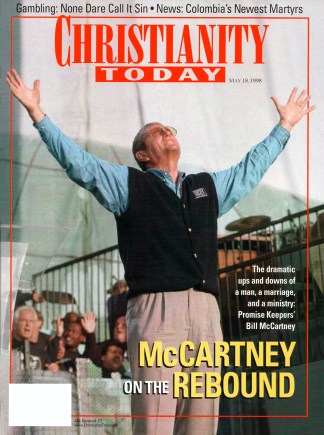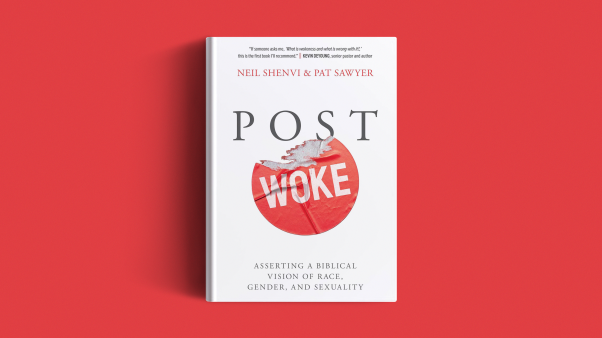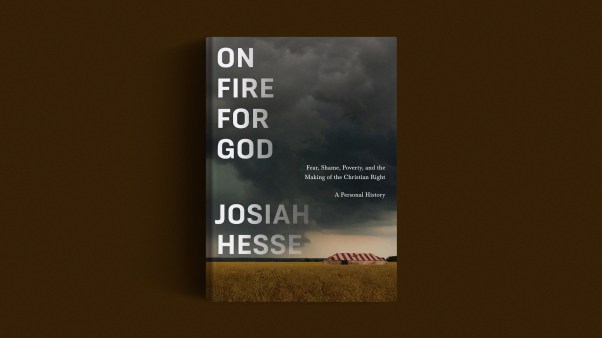Evangelicals should increase the pressure on the U.S. government to work more aggressively in protecting religious freedom worldwide, according to experts in the struggle against religious persecution.
“We have accepted silence as the dominant option for too long,” says Paul Marshall, author of Their Blood Cries Out (Word Publishing, 1997).
In March at the first International Conference on Religious Persecution, in Columbia, South Carolina, scholars, church leaders, and public-policy experts gathered to stragetize ways to keep the plight of the suffering church on the minds of American Christians.
Some experts believe that the situation in Nigeria shows what can happen when Christians stand quietly on the sidelines. In Nigeria, neither the Muslims nor the Christians represent a clear majority of the nation’s 107 million people. But Muslims hold control of the government and the military, giving them the power to implement Islamic law, which discriminates against all non-Muslims.
“For some time, Christians refused to be involved in the affairs of the nation,” says Nigerian Jeremiah Gada, a doctoral student at Columbia International University. “Now, they are trying to reassert themselves.”
Despite growing awareness among evangelicals to the plight of the persecuted in the past year (CT, Aug. 11, 1997, p. 61), Marshall believes most Christians remain indifferent. Indeed, only 100 ministry leaders attended the conference. Marshall says Christian groups should be issuing statements, educating their members, raising the matter of persecution with political leaders, and attempting to contact Christians in other nations.
“It is vital that the evangelical community in the U.S. apply political pressure,” says Marshall, of the Institute for Christian Studies in Toronto. Unless political pressure is put on federal officials, “the attention on the issue of religious persecution will cease,” Marshall says.
Marshall also advocates requiring annual reports on persecution by the State Department, as proposed by the Wolf-Specter Bill now before Congress. “Unless clear, forthright reporting and mechanisms for addressing these issues are put into place, then the religious persecution campaign of 1997-98 will be useless.”
Rep. Bob Inglis (R-S.C.) says congressional representatives have clout internationally: “People from other parts of the world are very conscious about what members of Congress think about them.”
Yet persecution of Christians is still widespread. According to Marshall, 200 million Christians are suffering severe persecution, and there are “situations of violence” in more than 30 countries.
Michael Horowitz of the Hudson Institute sees a parallel to Jewish persecution during the Holocaust. “I know as a Jew what the consequences will be if you [Christians] do not stand in fellowship with your brothers and sisters.”
Copyright © 1998 Christianity Today. Click for reprint information.










